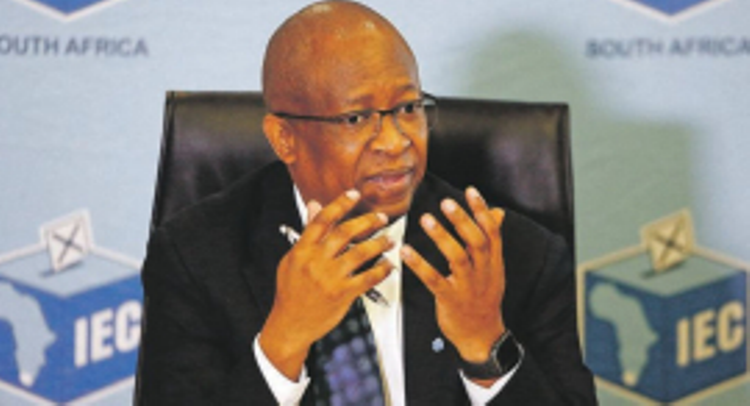SA Hosts First Political Funding Symposium to Strengthen Democracy and Oversight
The Political Party Funding Act was designed to curb the influence of opaque and potentially corrupt funding sources, and to enhance citizen trust in the political process.

- Country:
- South Africa
In a historic first for South Africa’s democratic landscape, the Electoral Commission of South Africa (IEC) has convened a national symposium on political party funding to evaluate the impact and effectiveness of the Political Party Funding Act (Act 6 of 2018). The Act, which came into effect on 1 April 2021, marked a milestone in advancing transparency and ethical governance in electoral politics.
The two-day symposium, held in Durban under the theme “Sustaining Multi-Party Democracy through Enhancing Political Funding Regulation in South Africa,” brings together a wide spectrum of stakeholders to reflect on the law’s implementation, propose reforms, and strengthen South Africa’s multi-party democratic system.
Political Funding Act: A New Era, Four Years On
Addressing the gathering on Wednesday, Chief Electoral Officer Sy Mamabolo described the symposium as a timely opportunity to assess whether the current political funding regime is achieving its stated objectives. He emphasized that while the Political Party Funding Act was a bold step forward in enhancing accountability, challenges remain in ensuring full compliance and transparency.
“While the [Political Funding Act] was designed to enhance transparency, concerns remain about the opacity of certain contributions, the adequacy of public reporting, and the efficacy of the enforcement framework,” Mamabolo said.
He pointed out that a central goal of the Act is to promote multi-party democracy by ensuring fair competition among political actors, while also protecting the political system from undue influence by private interests.
A Multi-Stakeholder Dialogue for Reform
The symposium convenes a diverse group of national and international stakeholders, including:
-
Political party representatives
-
Members of Parliament
-
Civil society organisations
-
Academic researchers and legal scholars
-
Media professionals
-
Members of the business community
-
International governance and electoral bodies
This inclusive approach is intended to foster open dialogue on the intersections between money and politics, a theme that has drawn increasing scrutiny globally in recent years.
The event includes comparative discussions on political finance regulations in other democratic countries, providing a global lens through which South Africa’s framework can be evaluated and strengthened.
“As is always necessary in evaluating regulatory frameworks, comparative analysis will be provided to juxtapose our own experiences with regulatory frameworks from other democracies around the world,” Mamabolo added.
Key Issues on the Agenda
The symposium is exploring several critical dimensions of political financing, including:
-
Disclosure and Transparency Mechanisms: Whether parties and donors are sufficiently disclosing contributions and how those disclosures are made accessible to the public.
-
Enforcement and Compliance: How effective current enforcement mechanisms are and whether penalties for non-compliance are adequate.
-
Public vs. Private Funding Balance: Whether the balance between public funding (via the Represented Political Parties Fund and the Multi-Party Democracy Fund) and private contributions is sustainable and fair.
-
Access and Equity: How the current regime affects small and emerging parties versus established political entities.
-
Role of the Business Sector and Civil Society: The accountability of businesses donating to parties and the need for civil society oversight in ensuring compliance.
A Vision for the Future: Reform Through Unity
Mamabolo encouraged delegates to engage in constructive, solution-oriented debates, noting that the ultimate objective of the symposium is to provide Parliament with evidence-based recommendations for refining the legal and institutional framework.
“Let our debates be rigorous, but respectful. Let our differences sharpen the outcome, not delay it, and let our unity be in service of something far greater than any single party: our democracy itself,” Mamabolo urged.
He emphasised that reviewing and reforming the law should not be seen as a burdensome exercise, but as a chance to strengthen the foundation of South Africa’s political integrity.
Democratic Sustainability Through Regulation
The Political Party Funding Act was designed to curb the influence of opaque and potentially corrupt funding sources, and to enhance citizen trust in the political process. However, its implementation has encountered hurdles—particularly in the realms of enforcement, donor traceability, and administrative capacity.
By holding this symposium, the IEC underscores its commitment to being not just a custodian of electoral procedures but also a guardian of democratic ethics and accountability. The event is expected to yield key insights and policy proposals to improve political finance governance ahead of the next general elections.










